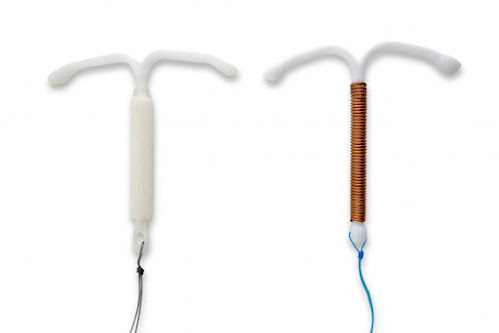The Impact of monsplasty on the Environment
Understanding Monsplasty:
Before delving into its environmental impact, let's briefly recap what Monsplasty entails. Monsplasty, also known as a mons pubis reduction, is a surgical procedure designed to reshape and contour the mons pubis, the fatty mound located above the pubic bone.
The Environmental Concerns:
Medical Waste:
One of the primary environmental concerns associated with Monsplasty in Dubai is the generation of medical waste. Like all surgical procedures, Monsplasty produces biohazardous waste, including used surgical instruments, gloves, and dressings. Proper disposal of this waste is essential to prevent contamination and harm to the environment.
Energy Consumption:
Cosmetic surgery procedures, including Monsplasty, require significant energy inputs. Operating rooms are equipped with energy-intensive equipment, including sterilization machines, lighting, and climate control systems. These energy demands contribute to the carbon footprint associated with cosmetic surgeries.
Sustainable Practices:
Minimizing Medical Waste:
To reduce the environmental impact of Monsplasty, medical facilities can implement strategies to minimize medical waste generation. This includes using reusable instruments when possible, proper sterilization and recycling of materials, and adopting eco-friendly disposal methods for single-use items.
Energy Efficiency:
Medical facilities can also focus on energy efficiency to reduce the carbon footprint of cosmetic surgeries. This includes using energy-efficient lighting, optimizing HVAC systems, and incorporating renewable energy sources into their operations.
Patient Considerations:
Informed Decision-Making:
Patients considering Monsplasty in Abu Dhabi can also play a role in reducing its environmental impact. By choosing accredited facilities that prioritize sustainability and following post-operative care instructions diligently, patients can contribute to a more eco-conscious approach to cosmetic surgery.
Alternatives to Surgery:
In some cases, individuals may explore non-surgical alternatives to address concerns related to the mons pubis area. These alternatives, such as targeted exercises and dietary changes, can help achieve desired results without the environmental footprint associated with surgery.
Conclusion!
Monsplasty in Dubai, Abu Dhabi & Sharjah offers transformative benefits to individuals, it's essential to acknowledge its environmental impact. By adopting sustainable practices in medical facilities, making informed decisions as patients, and exploring non-surgical alternatives when appropriate, we can reduce the ecological footprint of cosmetic procedures. Balancing personal transformation with environmental responsibility is a step towards a more sustainable future for both individuals and the planet.



Comments
Post a Comment